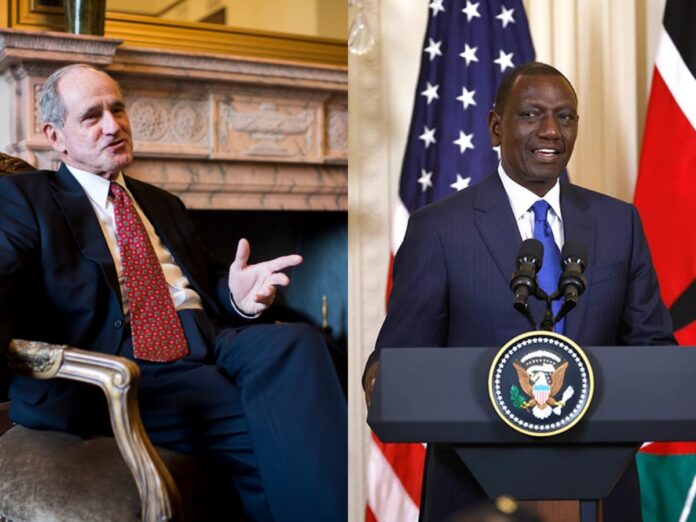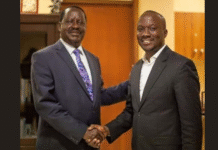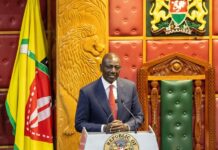A powerful United States senator has proposed a congressional inquiry into Kenya’s security conduct, threatening the country’s newly granted status as a Major Non-NATO Ally.
The motion, tabled by Republican Senator Jim Risch as an amendment to the 2026 National Defense Authorization Act, would mandate US intelligence and defense agencies to review Kenya’s use of American security aid and assess its ties with controversial groups and governments. The probe specifically highlights allegations of extrajudicial abductions during anti-government protests and Kenya’s reported engagement with Sudan’s Rapid Support Forces.
More than 1,400 cases of abduction and forced disappearance have been documented by the Kenya National Commission on Human Rights during the recent wave of nationwide demonstrations. Human rights watchdogs have raised the alarm over increasing authoritarian tactics by state agencies.
Senator Risch, the ranking member of the Senate Foreign Relations Committee, accused the Ruto administration of hosting Sudanese RSF leaders in Nairobi despite the group being sanctioned by the US Treasury. He warned that such moves risk legitimising individuals accused of war crimes and undermining the US position on human rights accountability in Africa.
The proposed legislation also reflects growing unease in Washington over Kenya’s deepening ties with China and Russia. Risch cited President William Ruto’s recent statements in Beijing as evidence of a shift away from traditional Western partnerships. He described Kenya’s foreign policy stance as misaligned with American interests and questioned whether US assistance is being appropriately used.
Kenya became a Major Non-NATO Ally in June 2024, joining a select group of countries granted enhanced military cooperation with the United States. That designation, which includes access to advanced weapons systems and training, is now potentially in jeopardy.
The proposed amendment remains under congressional review and has not yet become law. However, it marks a significant escalation in how Washington views Nairobi’s evolving geopolitical choices.
Kenyan officials have not formally responded to the inquiry but insist their international partnerships remain grounded in mutual respect and national interest.
The situation will test the strength of Kenya’s US alliance at a time when African countries face increasing pressure to navigate a complex multipolar world order.



















